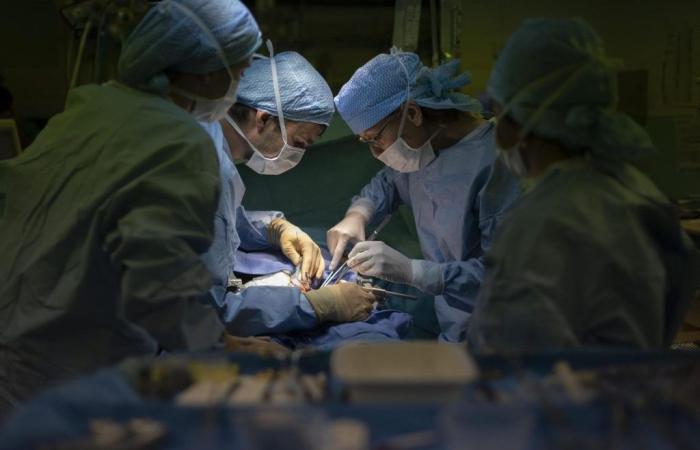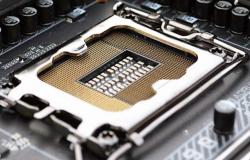“This is a major breakthrough that could change the game of organ transplantation worldwide by improving patient care.” When he talks about the “liquid biopsy”Alexandre Loupy, professor at Necker Hospital, researcher at Inserm and director of the Paris Institute for Organ Transplantation and Regeneration (Pitor), does not hide his pride or his enthusiasm.
His pride is to have coordinated, with his nephrologist colleague, Doctor Olivier Aubert, the work of a Franco-American consortium of 35 researchers whose results were published on June 2 in the prestigious journal Nature MedicineHis enthusiasm is that the study in question demonstrates the full value of this technology, combining biology, genetics and artificial intelligence, to better predict and, therefore, better prevent kidney transplant rejection.
A colossal public health issue
The public health challenge is colossal. Because if, when possible, kidney transplant is considered the best medical solution for patients suffering from terminal insufficiency of this vital organ, it remains a complex treatment to implement, especially when it is practiced between two individuals – a recipient and a deceased donor, who are genetically different by nature – as is the most frequent case.
“This genetic mismatch means that the recipient’s immune system will perceive the graft as foreign and attack it, which results in 20% rejection in the first year following transplantation. With serious consequences in terms of mortality, morbidity and quality of life for patients, but also an economic burden for the health system.”underlines Professor Loupy.
To combat this phenomenon, the recipient is given immunosuppressants which, by lowering the body’s defenses, allow for better tolerance of the graft. Hence the interest in having a reliable method to verify that the treatment is working correctly and that the graft is healthy. And this is where the “liquid biopsy” comes in.
“Until now, the strategy consisted of monitoring biological markers that were too insensitive or specific to be truly effective. We can also perform a renal biopsy, in other words, take cells from the transplanted kidney to ensure that it is functioning properly, but this is an invasive and risky procedure. Liquid biopsy consists of detecting, using a simple blood sample from the patient who has undergone a transplant, the DNA fragments – the molecule that stores the genetic code – of the donor that are circulating there. A process that outperforms all other biomarkers.”the researcher maintains.
Under the grinder of intelligent algorithms
The technology was already used in oncology to detect cancers at an early stage or in obstetrics to detect cases of Down syndrome. It remained to demonstrate the usefulness of this biomarker in the field of transplantation. This was made possible by the study conducted on nearly 3,000 kidney transplant patients in 14 transplant centers in the United States and Europe. This highlighted, by passing the data through the mill of intelligent processing algorithms, a link between the level of foreign DNA present in the recipient’s blood and the probability of rejection. “This correlation then makes it possible to consider earlier and more effective therapeutic interventions”continues Alexandre Loupy.
Implemented in around ten hospitals in France and Europe, the process seems to be keeping its promises. “Initial feedback shows that it can avoid 60% of unnecessary kidney biopsies”the researcher explains. This improves the patient’s care pathway and reduces healthcare costs, since a liquid biopsy costs between €500 and €600, three times less than a renal biopsy. Further studies should verify that this process also extends the longevity of grafts and therefore saves lives.
According to the World Health Organization’s Donation and Transplantation Observatory, nearly 9% of the population is affected by chronic kidney disease, which causes 1.2 million deaths per year and reduces the life expectancy of 36 million people. Liquid biopsy could be a hope for the 100,000 patients who benefit from a transplant each year. In the long term, it could also be extended to heart, lung and liver transplant recipients.






